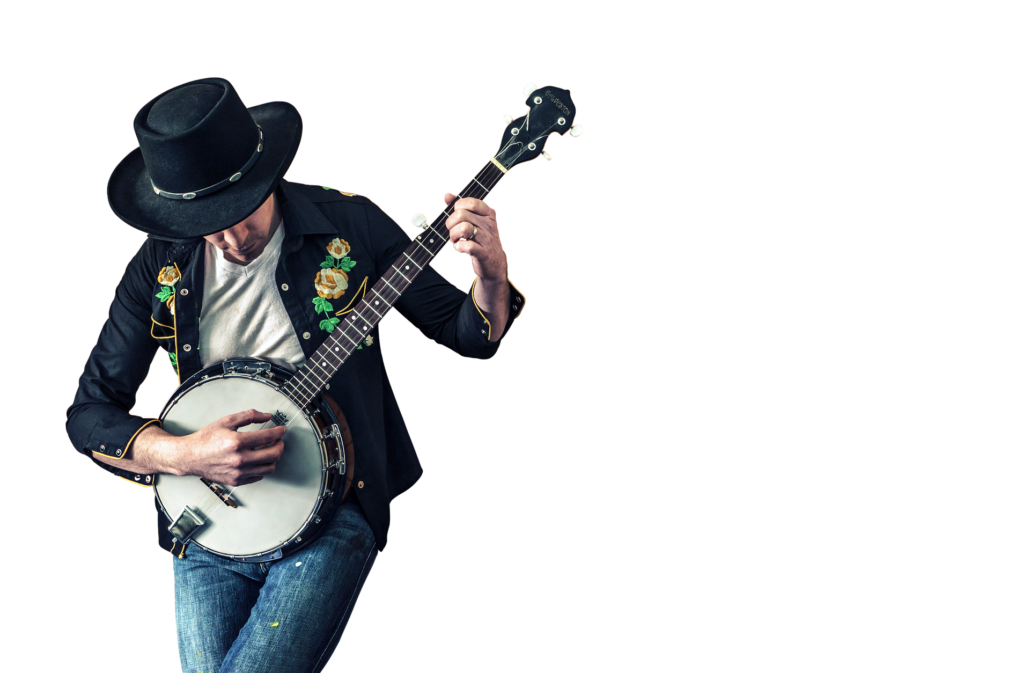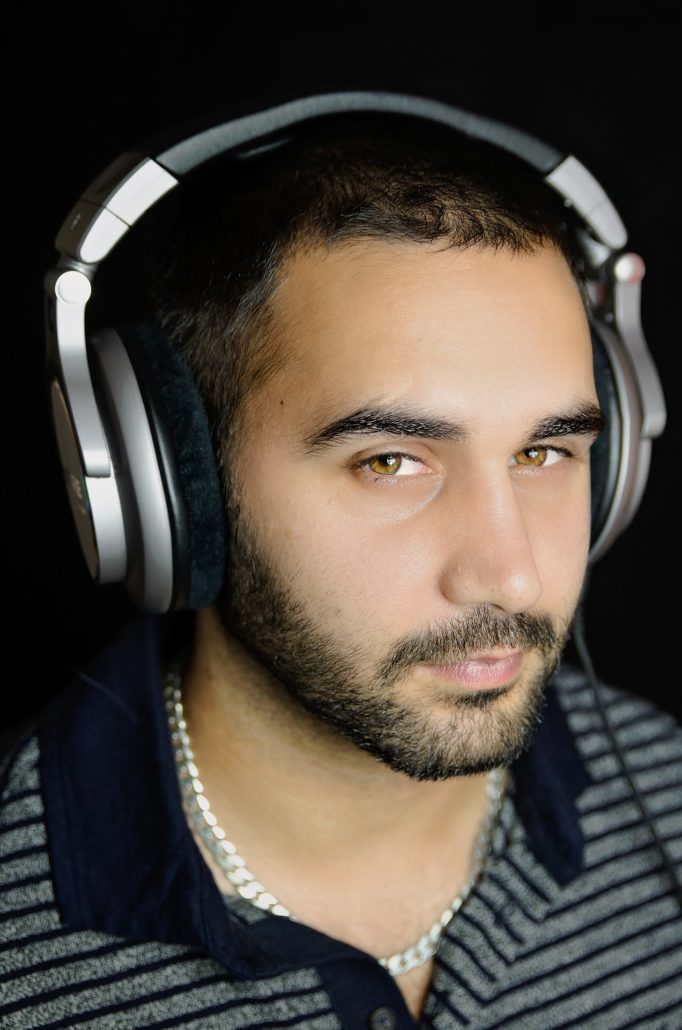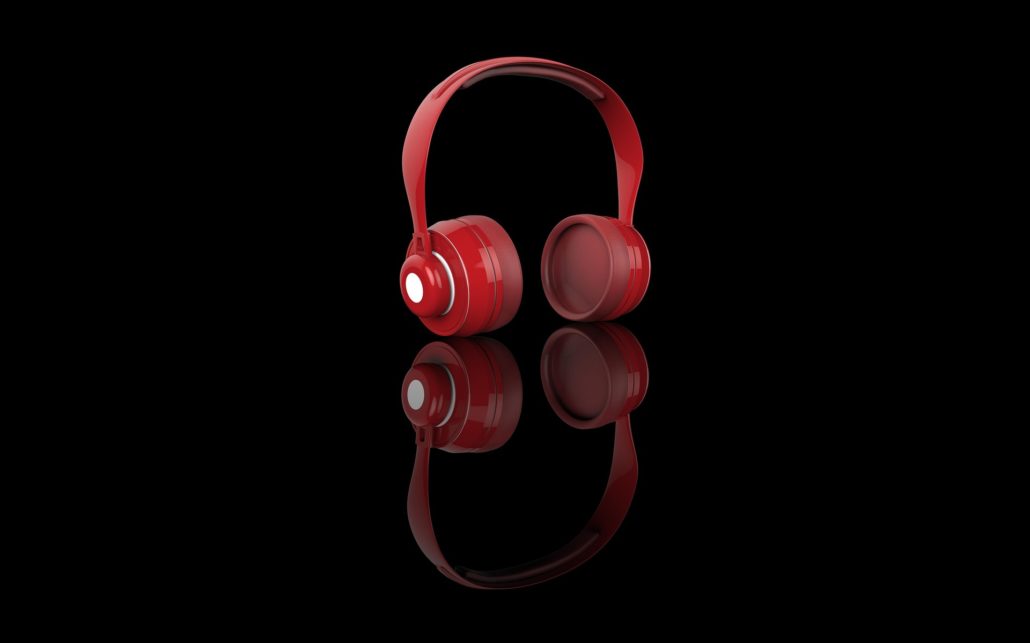You Might Be in Danger of Noise-Induced Hearing Loss
In a noisy world, your ears will pay the price. In the UK hearing loss is a relatively common condition. But did you know that your job, hobbies and even your gym might be putting you in danger of noise trauma?
Every day, you experience sounds from the environment around you, at home, at work, exercising at your local gym or visiting your favourite little coffee shop. Usually, these sounds are at a safe level and won’t damage your hearing. However, exposure to high level sounds, either suddenly or from repeated exposure can cause noise trauma, also known as sensorineural hearing loss.
Sensorineural hearing loss is defined as damage to the neural pathways of hearing (nerves) or damage to your hair cells in the sensory hearing organ – the cochlea.
You might recover from a temporary loss – when loud sounds are exposed to the ear for a short time. But if you are exposed to loud noises over long periods of time, for example when working in construction, sensorineural hearing loss could be permanent.
What is noise-induced hearing loss (NIHL)?
Noise-induced hearing loss refers to hearing impairment or ear damage from loud sounds. It can be a temporary or permanent loss depending on the decibels (dB) of noise, frequency and the length of time of the exposure and the whether a person already has an existing or weakened hearing condition.
While every person will react differently to loud sounds, the fact is that NIHL is cumulative. Meaning, even though you might only be exposed to moderate amounts of noise, if it occurs daily you could lose your hearing in the long term.
Being exposed to loud noises can also cause tinnitus – a ringing or buzzing in your ears and head. The persistent symptoms of tinnitus, caused by loud noises, can make people anxious, angry, annoyed and even depressed. It interferes with your concentration and can influence your quality of sleep and work performance.
How can deafness be caused by loud noises?
Any sound that is loud enough and lasts long enough can cause hearing loss. Sound is measured in units called decibels. Zero decibels (0 dB) is the quietest sound audible to the human ear. Every 3dB increase represents a doubling of sound intensity.
For example, whispering registers at 30dB, while the average alarm clock calculates at an unpleasant 80 dB. The louder the sound, the shorter the time before NIHL occurs.
Noise pollution is all around us, car alarms, traffic congestion, music blasting through your earphones, leaf blowers etc.
Decibel readings of everyday sounds
| Every Day Sound | Sound | Decibel |
| Rustling of leaves | Soft | 20dB |
| Humming of a refrigerator | Moderate | 50dB |
| Vacuuming the house | Loud | 75dB |
| Blending a fruit smoothie | Noisy | 95dB |
| Max volume on most MP3 players | Extremely loud | 110dB |
| Jackhammer | Pain threshold | 130dB |
| Fireworks | Permanent hearing damage | 150dB |
Is noise-induced hearing loss permanent?
Unfortunately, looking after your ears is not something we think about, but when your hearing is gone, it won’t come back. Yes, NIHL is permanent; once hair cells are damaged, they can never grow back.
Who is at risk of NIHL?
According to the World Health Organization (WHO), about one-third of all cases of hearing loss can be attributed to noise exposure.
Over 1.1 billion young people, between the ages of 12 and 35, are at risk of hearing loss due to noise trauma. The two most popular settings in which noise-induced hearing loss is considered high risk include:
- Your work environment, and
- Recreational settings
You probably already know that listening to loud music through your earbuds can cause NIHL. The maximum sound of most MP3 players, including an iPod shuffle, has been measured at 115dB, a level that can cause hearing loss.
I was born 3 months premature and I was put into an incubator for 3 months. The high noise of the incubators affected my hearing and by the time I was allowed to go home, I was profoundly deaf. I count myself lucky that I was otherwise healthy. My hearing cannot be reversed and I’ve had raging tinnitus all of my life. I lost my remaining hearing as I got older, probably through having the most powerful hearing aids screeching into my ears all day, every day, and now I have two cochlear implants. My world has completely changed. I get some days with no tinnitus which are bliss. Now I can hear my dog breathe across the room, the birds sing, and the raindrops fall. It’s magical.
Highest risk occupations for noise-induced hearing loss
Noise is probably one of the most common occupational hazards facing people today. From construction to manufacturing and agriculture, millions of people throughout the UK are affected by NIHL.
Top 10 jobs in the UK resulting in noise-induced hearing loss
- Mining
- Wood product manufacturing
- Construction work
- Airport ground staff
- Formula one drivers
- Carpenters
- Nightclub workers, including DJs and musicians
- Factory and farm workers
- Railway workers
- Nursery worker or teacher
5 Early warning signs and symptoms of NIHL
- Struggling to hear conversations, is often the first symptom, especially when trying to have a discussion on the telephone or in a noisy location, like a restaurant.
- Difficult hearing background noises, like oncoming cars.
- Turning up the TV or radio more and more to hear it properly, while your loved ones can’t stand the noise.
- Constant ringing or buzzing in your ears – tinnitus.
- Sounds are less clear. You might find that certain letters in a sentence are more difficult to hear than others, specifically ‘s’ and ‘t’.
There are other, less subtle, signs that your hearing is not as sharp. Do people think you’re not paying attention or do you miss key information?
How to tell if a noisy situation is dangerous to your hearing
- Does it cause your ears pain?
- Are you ears ringing?
- Do you need to shout to be heard?
If you’ve answered yes to any one of these questions, then you are in danger of noise-induced hearing loss.
How to prevent noise-induced hearing loss
Always wear hearing protection when exposed to excessive noise. Either properly fitted earplugs or snugly sealed earmuffs should protect you.
Follow the 60/60 rule. When listening to music via your audio device, do not exceed 60% of your maximum volume for no more than 60 minutes a day.
Give your ears time to recover from the weekend’s sporting event or the week’s professional duties. Take advantage of the variety of smartphone apps available that will monitor the level of volume of the environment you’re in.
If you or a loved one are experiencing any of the NIHL symptoms, please consult a physician with specialised training in ear and hearing disorders (otolaryngologist or otologist) and go for a hearing test (audiogram).
How are you protecting your hearing?
Leave a Reply
Want to join the discussion?Feel free to contribute!






In this beautiful world, all the living and nonliving things have a sound and we enjoy all of these sounds from nature, to music, to a conversation with a friend or a loved one. But a loud sound for a long time can cause of damaging the hearing. so be careful about that. and we can understand that which level of volume is hitting our ear. protect your hearing enjoy your life. thank you
Thank you for this article because I have some sign of which you discussed above and now I know what exactly happening to me.
I am a lover of music and I used to listen to a song through an earphone in high volume. and after a long time, I recognize I don’t hear properly anything. but after reading your article I am aware of treatment, cause, and precaution for hearing loss.
thank you for the informative article on hearing loss!!